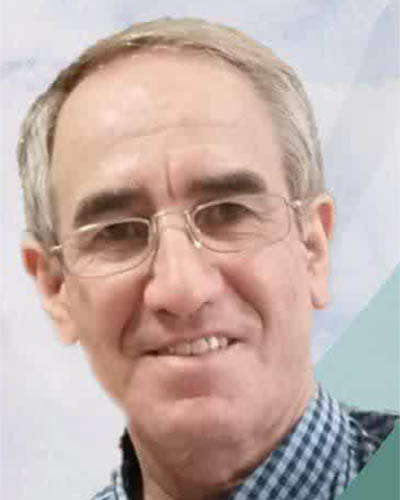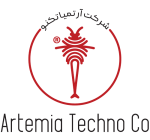
Professor Agha, a member of the academic faculty and the head of the Artemia and Aquaculture Research Center at Urmia University, delivered a speech on the occasion of the establishment of the Artemia Reference Center in China. He discussed the status of Artemia in Iran and the Middle East in specialized sessions and actively participated in planning activities for the Artemia Reference Center in China.
During this gathering, which was attended by prominent Artemia experts from countries such as Belgium, Russia, Vietnam, Chile, Malaysia, Bangladesh, China, and Iran, Naser Agha, through side meetings with representatives from the Food and Agriculture Organization (FAO), secured their agreement to establish a Western Asia reference center involving Urmia University and the Iranian Fisheries Organization.
In this meeting, it was decided that soon negotiations would be held between Urmia University, the Iranian Fisheries Organization, and the Iranian Fisheries Science Research Institute regarding the modalities of participation in the establishment of this center.
Naser Agha, born in 1960 in Gonbad Kavous, holds a Bachelor’s degree in Animal Sciences from M.S. University of Baroda, India, a Master’s degree in Microbiology from M.S. University of Baroda, India, and a specialized Ph.D. in Fisheries with a focus on Artemia from Ghent University, Belgium.
Since 1999, Naser Agha has been the head of the Artemia and Aquatic Animals Research Center at Urmia University. His teaching activities include courses in Vertebrate Zoology, Invertebrate Zoology, General Zoology, and Animal Physiology at Urmia University and the Islamic Azad University. He has also taught Live Food Production at Mirza Kochak Khan Higher Education Center.
Furthermore, his research activities encompass founding a Zoology Research Laboratory in the Biology Department of Urmia University in 1996, establishing, equipping, and launching the Artemia and Aquatic Animals Research Center at Urmia University in 1998, setting up six specialized laboratories at the Artemia and Aquatic Animals Research Center between 1999 and 2003, transforming the Artemia Research Center into the Artemia and Aquatic Animals Research Institute in 2003, and obtaining funding for the Artemia and Aquatic Animals Research Institute in 2004.
Reported by IRNA, the Food and Agriculture Organization (FAO) is a United Nations international organization focused on agricultural development. Founded in 1945 by 44 member countries of the United Nations, the FAO operates through its headquarters and a network of over 90 offices worldwide to enhance and modernize agriculture, forestry, and fisheries, and to ensure adequate food supplies for all, especially in developing countries.
The organization’s objectives include improving global living standards, enhancing nutrition worldwide, distributing food resources effectively in different regions, and establishing food security. Combatting malnutrition by providing necessary information to various countries is another goal of FAO, contributing to increased agricultural productivity and improved nutrition on a global scale.
The FAO’s headquarters is located in Rome, Italy. It provides services to its members, including the European Union and 183 countries. It collaborates with numerous entities worldwide, from civil society organizations like farmer groups and human rights organizations to other United Nations agencies, development banks, and the private sector.
